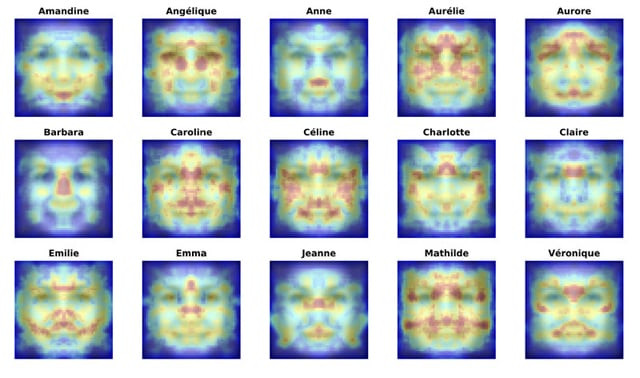How your name shapes your face
When a person was shown a stranger's face, 35 per cent of the time they picked the right name

Your name might shape your face, new research suggests. PHOTO COURTESY: npr.org
The new findings led by researchers at The Hebrew University of Jerusalem could finally give some credibility to those assumptions you might have the first time you hear a new name, as NPR reports.
New study suggests skipping dinner will help you lose weight
"We Look Like Our Names: The Manifestation of Name Stereotypes in Facial Appearance" is the name of the the psychology experiment which was published on Monday in the Journal of Personality and Social Psychology.
When a person was shown a stranger's face, 35 per cent of the time they picked the right name out of the provided five choices.
"We ran more than a dozen studies, and each time we had this feeling like, 'Oh boy, maybe this time it won't work,'" said lead author Yonat Zwebner. "And each time, it worked. That was really surprising."
According to the study, there are a few possibilities when it comes to exactly how our names shape our faces. For example, people might be using their facial muscles to conform appearance to name. Imagine someone with the name 'Joy', for instance, Zwebner says. "The moment she's born, her parents and society treat her in a way that befits that name. The say, you really are so joyful, smiling just like your name. She develops a certain look maybe because she is smiling more because of all the positive feedback she gets when she smiles."
Some psychologists remain skeptical. Cathy Mondloch, from Canada's Brock University, told NPR that she thinks the "phenomenon is there" but she wants further research conducted to be convinced. She states that factors such as other name options being unpopular, could be at play.
Research 'reveals' exact age when one starts losing friends
Mondloch further added, "Parents influence our face because we're genetically related, and they pick our names, too. I think a big component [of our appearance] is going to be from genetic inheritance, diet and stress."
This article originally appeared in NPR



















COMMENTS
Comments are moderated and generally will be posted if they are on-topic and not abusive.
For more information, please see our Comments FAQ